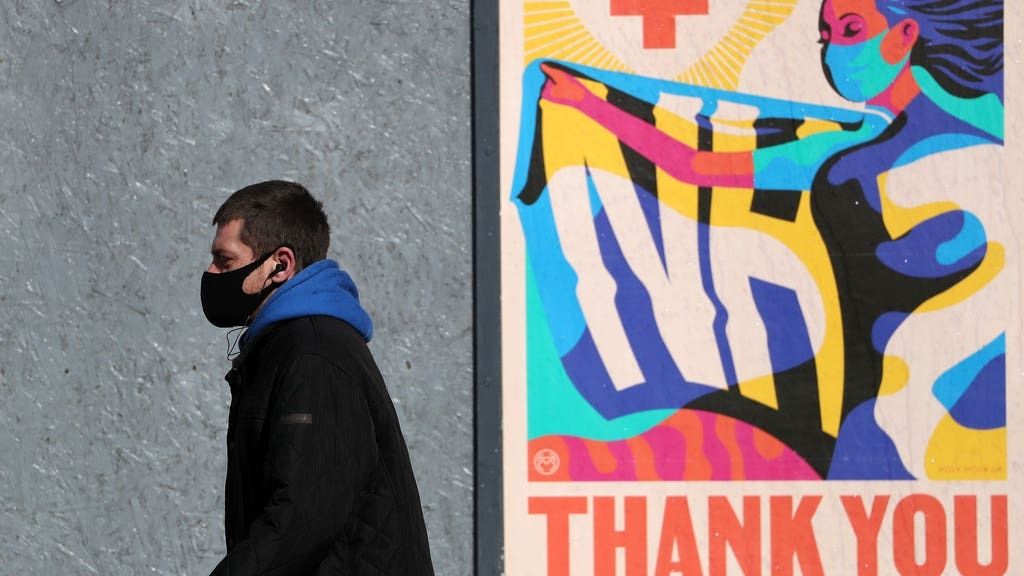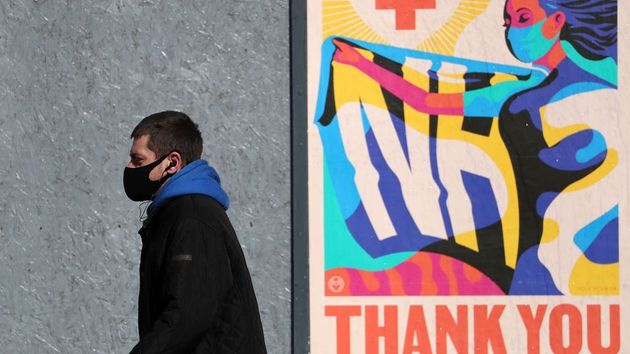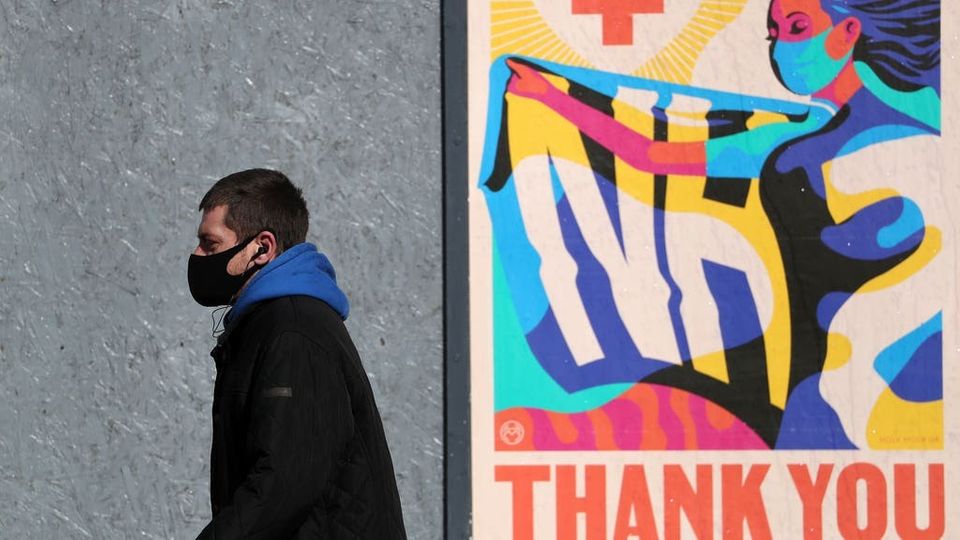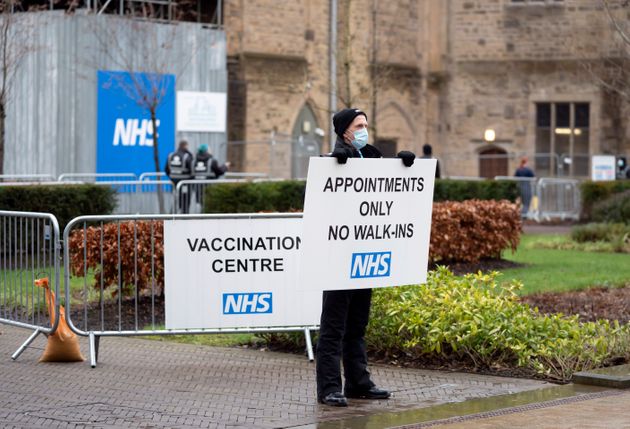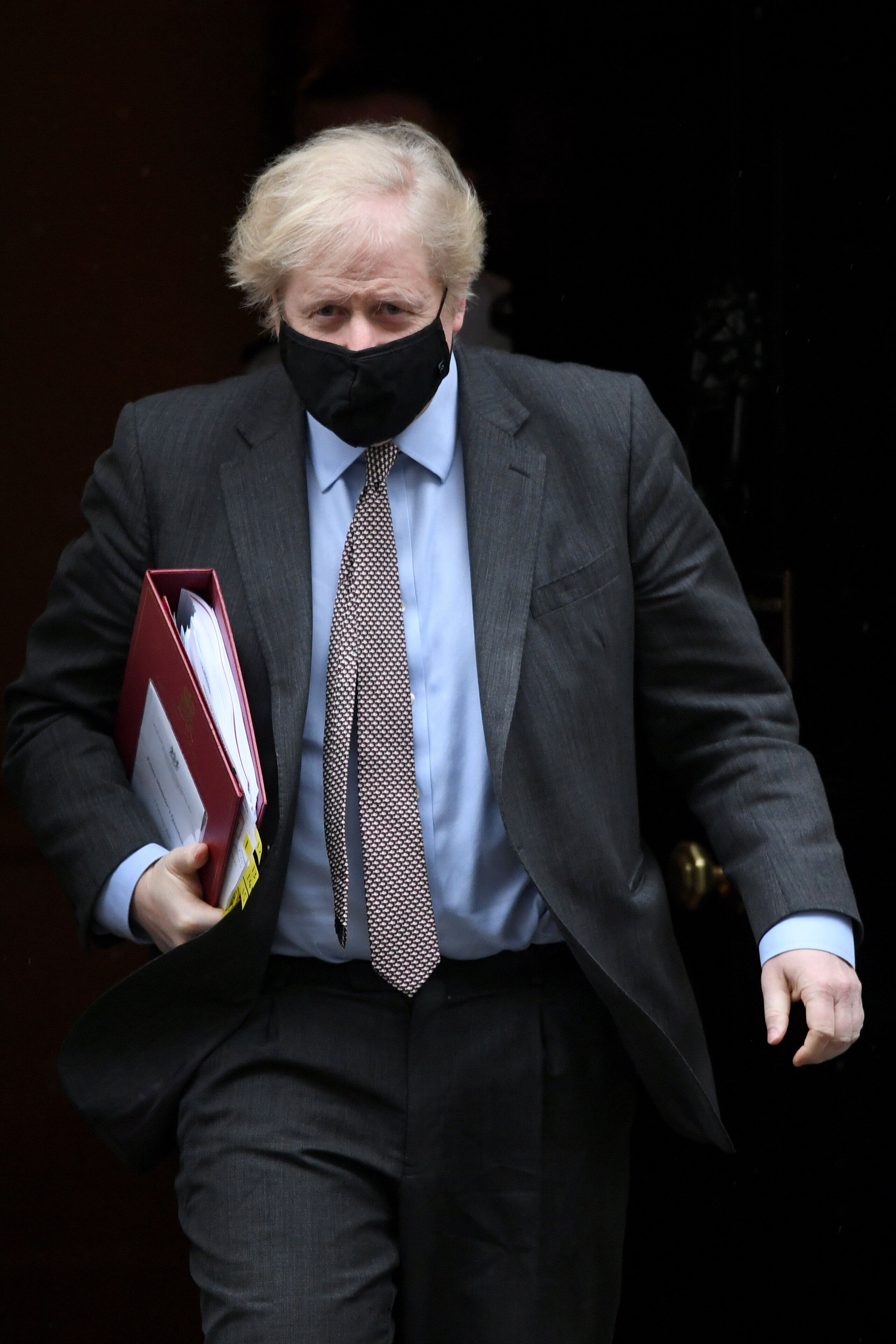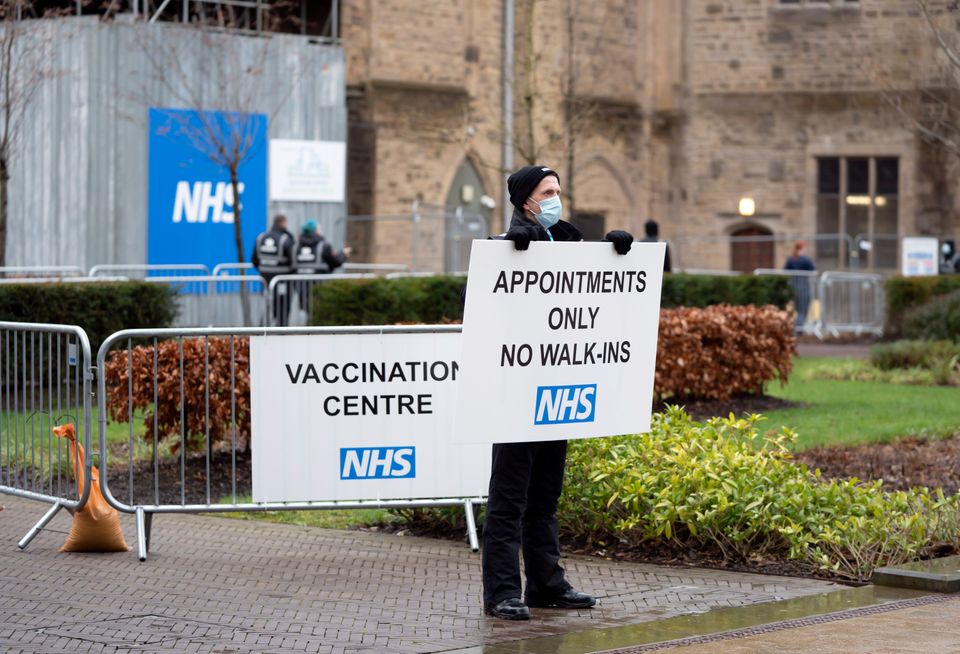
There is no proven link between the AstraZeneca vaccine and rare blood clotting, the Medicines and Healthcare products Regulatory Agency (MHRA) has said.
Following a “rigorous scientific review” of all the available data, the regulator said the available evidence does not suggest that blood clots in veins are caused by the jab and it has urged people to take it when invited to do so.
It follows a detailed review of cases as well as data from hospital admissions and GP records. Experts from the government’s independent advisory group, the Commission on Human Medicines, also reviewed the data.
It comes after more than a dozen countries, including France, Germany, Italy and Spain suspended its use.
Dr June Raine, MHRA chief executive, said: “Our thorough and careful review, alongside the critical assessment of leading, independent scientists, shows that there is no evidence that that blood clots in veins is occurring more than would be expected in the absence of vaccination, for either vaccine.”
The regulator said it has received five reports of a rare blood clot after five men aged between 19 and 59 received the Oxford/AstraZeneca vaccine.
The clot – cerebral venous sinus thrombosis (CVST) – prevents blood from draining out of the brain.
One of these cases was fatal, experts from the regulator told a press briefing.
“We have received a very small number of reports of an extremely rare form of blood clot in the cerebral veins (sinus vein thrombosis, or CSVT) occurring together with lowered platelets soon after vaccination,” said Dr Raine. “This type of blood clot can occur naturally in people who have not been vaccinated, as well as in those suffering from Covid-19.”
A further, detailed review into the five cases is ongoing. This has been reported in less than 1 in a million people vaccinated so far in the UK, and can also occur naturally – a causal association with the vaccine has not been established.
Phil Bryan, MHRA vaccine safety lead, said: “We take every single report of a suspected side effect seriously.
“We have received five reports of what is a very unique, specific form of blood clot … and this is similar to some of the cases that have been reported in Europe in the past week or so.
“What we don’t know is whether these cases have been caused by the vaccine.
“We are working closely with our experts and haematologists to try to gather more information to determine this.”
He added that these clots do happen very rarely naturally.
Bryan added: “Where we are now is that no proven causal association with what is still an extremely rare medical event has been proven for the AZ vaccine.
“But we do know that these are highly effective vaccines. We still have a huge burden of Covid disease in the population.
“So, right now, the balance of benefits and known risks of the vaccine are favourable.”
Professor Sir Munir Pirmohamed, chair of the Commission on Human Medicines, said: “Having reviewed all the data that was available to us, as well as reports, what we concluded was that there was no increased risk of peripheral venous thromboembolism based on all the data that’s available to us at the moment.
“We will still recommend that the vaccine is taken when you’re offered the vaccine.”
The World Health Organisation has also stated that the benefits of the vaccine “far outweigh the risks”.
Dr Hans Kluge, WHO regional director for Europe, said it was “routine to signal adverse events” but reiterated that people should “have confidence” in the protection given by vaccines.




